Growing up, I was not the most obedient child. It's a fact that runs through my head every time I tell the Munchkin and Kiddo to do something and they just stare at me with blank faces and ask, "Why?" I have to swallow back my frustration when they do that, because I remember, I was the exact same way, and it's petty to get angry just because someone else is doing what you do too.
I didn't really think about it as a kid, though, mostly concerned with how I could get my own way. I only ever obeyed in full when there was a consequence attached to it. Like, being told not to climb the tree out back of the church? No clear consequence attached to that one, so I did it and I hit the boy who told me I couldn't on the head with a block. On the other hand, being told that I had to sweep the stairs came with the consequence of my parents being mad at me if I didn't, and so I was pretty decent about stuff like that. I was okay. Not great.
I didn't give much thought to the complexity of obedience and how we teach children to listen because I was a kid. You don't think about that stuff when you're a kid. At least, not usually. It's not been until I started taking care of children that I realized how incredibly hard it is to get a child to obey you without breaking down their own free will. How to give them boundaries and make it clear that you will be obeyed, but also to let them know that they are allowed to have opinions on things, and that are allowed to object.
It's really hard. Especially with the Munchkin, because he's three. With Kiddo, it's easier, because she's eight and susceptible to logic. I can always explain to her why I want her to do whatever it is I want her to do (take a shower, do her homework, eat something healthy, not eat anything because she just ate, not play with the kid next door who is dangerously sociopathic, etc). But with the Munchkin we're only just getting into the stage where I can explain myself to him and he can follow my logic.
I could very easily just tell him what to do and insist that he do it, centered around the (reasonable) belief that as I am an adult who loves him, I am within my rights to exert control over his life. As he is a toddler who would rather eat cookies and stick toy cars in his mouth, I would be pretty well justified in that assumption.
But here's the thing: the Munchkin is still a person, even if he is a small, sticky, unreasonable, grumpy one (who I love). He's a person who is being shaped by his experiences in life now. So I don't want him to just blindly obey me. I want to give him the tools to be able to make his own good decisions later in life, based on what he learns now.
And that? Is really hard to pull off.
Which is what brings us to the movie of today's discussion: Ella Enchanted. Based on the book of the same name, the movie is a frothy confection of jokes about fantasy movies. It's very different in tone from the book, but frankly I didn't mind. I never cared much for the book, and I like the irreverent, bizarre wackiness of the movie.
Starring Anne Hathaway, Hugh Dancy, Minnie Driver, and a whole host of other people far too famous and talented for something like this, the story is based on a simple premise: What if instead of giving "kindness" or "beauty" or "grace", some little girl's fairy godmother gave her the gift of obedience?
Hathaway plays Ella, the unfortunate child. Growing up, she always knew there was something off about her, but her mother and her nurse, Mandy (Minnie Driver), kept the exact nature of her curse a secret for years. Finally, she found out what it was, and she was devastated. Meant to be a gift to make Ella a more biddable child, the curse forces Ella to do whatever she is told. Even if what she's told to do is very personally unpleasant. Even against her moral code.
Like when she's told to stop speaking to her best friend. Or when she's ordered to hand over the necklace that's all she has left of her mother. Or when she's told she absolutely must not ever tell anyone about her curse. Ella is stuck in a life where anyone can tell her to do anything at any time, and has to comply. It's a nightmare.
The film is a comedy, though, and it follows the basic plot and outline of the Cinderella story. Ella's father gets remarried to a horrible woman (played marvelously by Joanna Lumley) with two daughters: Olive (Jennifer Higham) and Hattie (Lucy Punch). Hattie, being both smart and mean, figures out pretty quickly that something is funky about her stepsister, and seeks to exploit it as much as possible.
Ella knows that she can't keep going like this, so she figures it's time for a change. With some help from a sympathetic Mandy, Ella decides that instead of sticking around and resenting her fate, she's going to go out there and find Lucinda (the fairy who cursed her, played by Vivica A. Fox) and demand that she take back the curse. And so our story begins.
Since this is a fantasy tale about magic and fake medieval kingdoms and all that, there is of course a prince, played by Hugh Dancy. Said prince, whose name is Char (short for Charmond, but we all know it's really "Charming"), runs into Ella rather repeatedly throughout her journey, and eventually just figures he might as well tag along since it will save him the trouble of having to rescue her all the time.
Char and Ella fall in love, completely fail at finding Lucinda, run into more than a few comedy sidekicks, and all the while Ella keeps doing what she's told. Char, to his credit, does figure out that there's something weird about how Ella reacts to people, and is very careful not to order her to do anything. But then he thinks that she'll do whatever he says because he's the prince. Not the other reason.
And there's an evil uncle secretly plotting for the throne of the kingdom, because of course there is (he's played by Cary Elwes). Said evil uncle eventually figures out that he can use Ella as his assassin because she has to do what he tells her. Ella valiantly resists, not least because she doesn't want to kill anyone, but also because she really does love Char. In the end, it's her love for Char and her determination and will that break the spell. She's free! Only to have to fight to save the kingdom from Edgar's tyrannical rule, etc.
Like I said, the movie is pretty light and fun considering how weighty its premise is. It's got a strange mixture of current pop culture and fantasy tropes, the sort of thing that someone like me absolutely loves but plenty of people find obnoxious. Like, Hattie and Olive are members of Char's official fan club. And Ella is a social justice protestor with strong feelings about politics that she'll talk Char's ear off about. And it's pretty much just our world with some fairy tale embellishments on top. Which is fine. I like that. It's quirky and silly and fun.
But, when you come down to it, the subject matter really is pretty freaking dark. I mean, the movie makes it clear that up until the point when Ella breaks the spell, she literally cannot avoid obeying a direct order. She can't even put it off much. Which has so many implications that the movie thankfully didn't go into, but that I can't unsee. Like, what happens if Ella gets catcalled and someone tells her to do something sexual? I can't not think about that, because, in a real sense, that's why this movie is so powerful.
See, Ella's predicament, that of being the perfect obedient child, is a microcosm and extreme example of what I think we often actually want for young children. Especially girls. We have this cultural ideal that says that children, especially girls, need to listen and do what they're told. That women would be better off if they were "better listeners". That everything would be better if people were just orderly and obedient.
I know this is true because I've heard those words said to me. That everything would be easier if I would just do what I was supposed to do. I get told to do things on a daily basis, things I have no intention of ever doing. It's hard sometimes not to just roll my eyes, suck it up, and do the thing I've been told to do, even though I know it's not my job or not something I in particular should do. Sometimes it's just easier to do what you're told.
Only in the long run it really isn't easier. It makes you feel worthless. Like your only value comes from doing what people ask of you. Or, it can make you feel like your own needs and desires don't matter. Ella is an extreme case, but her situation really just highlights, at least for me, the dangers of teaching a child that all that is required of them is blind obedience.
Teaching a kid to obey without teaching them why and how and what the good reasons in this situation are is bad. Kids need those tools to tell them when something should be obeyed, and when it shouldn't. Kids need to know that, because adults need to know that. A child who doesn't know who and when to obey is equally scary, whether it's a kid who disobeys everything or a child who obeys no matter what. Both situations are unhealthy.
My solution is long-winded and not particularly simple or even necessarily effective. It'll be decades before I know if this worked. But I feel like it will. What I do is simply tell them why I want them to do whatever it is I'm demanding of them. I tell them everything. Seriously. Everything. I tell those kids why they have to drink that cup of water before they can go play, why they have to stop talking back and why they have to change their attitudes. It's time consuming and repetitive and really boring for me. But, I think, it's working.
Because now when I tell them to do something, they do it. Or, they argue with me. Sometimes I tell Kiddo to do her homework and she comes back by telling me that she would rather read for half an hour before she does her homework because she feels like it's stressful to do it right when she gets home. And you know what? I let her. That's good logic. Or sometimes even the Munchkin will do that. I'll tell him to get ready for nap, and he'll tell me that he would like to play for another five minutes because he isn't sleepy yet. And I let him, because he's not wrong.
It's important for kids to know how to listen to authority. I'm certainly not going to argue with that. But it's also important for them to know how and when to question authority. A big part of being a functional adult is knowing when and when not to obey. My parents did not get a particularly obedient child, but I've never really gotten the impression that they minded. Personally, I think they got something better. They got a kid who knows which rules to follow and which ones to break. Maybe I'm biased, but that's what I want for my kids too.
 |
| I would also like them to be well-read social justice warriors, but I'll settle for independent thinkers. |

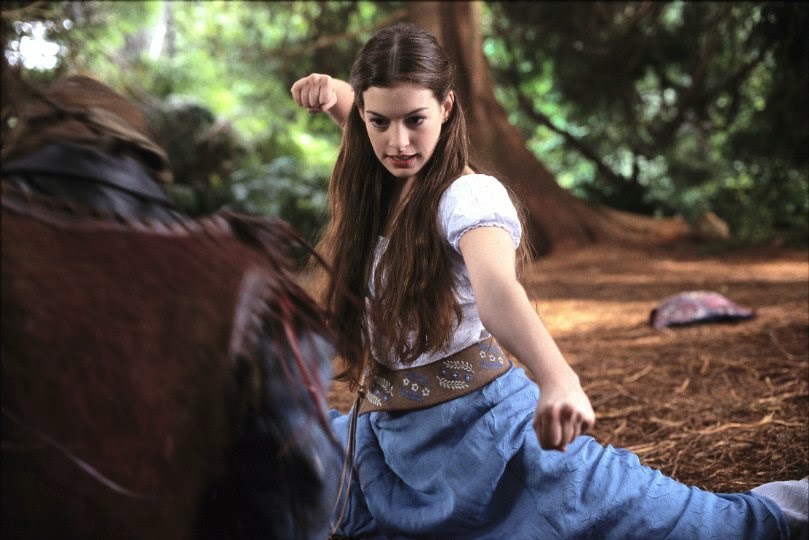
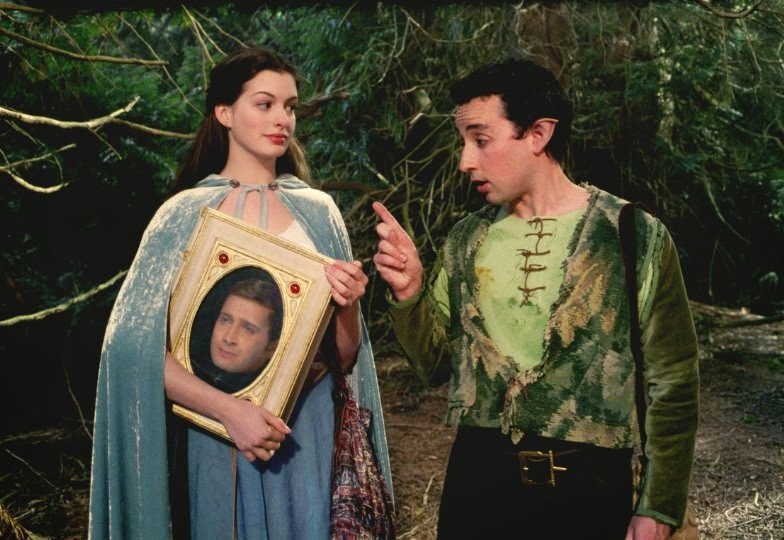
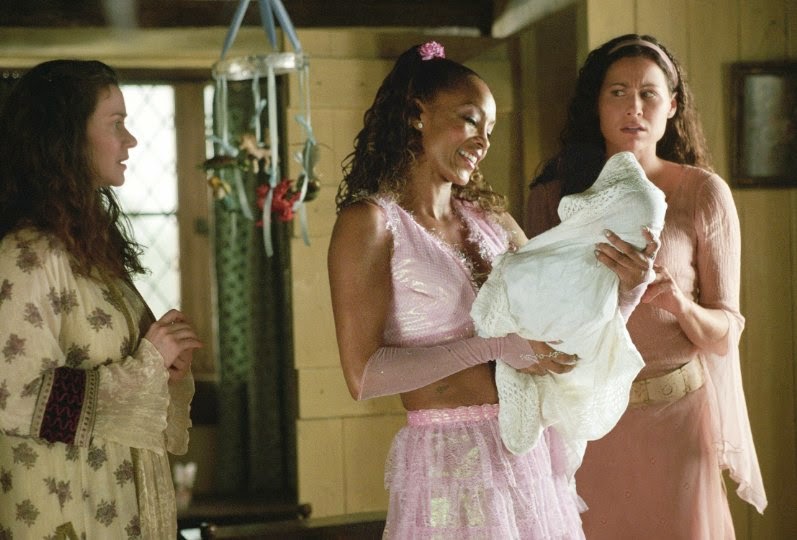

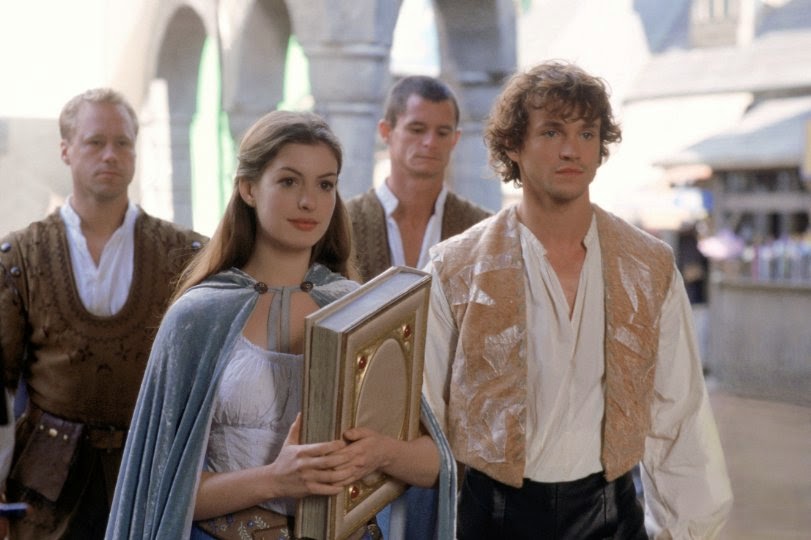
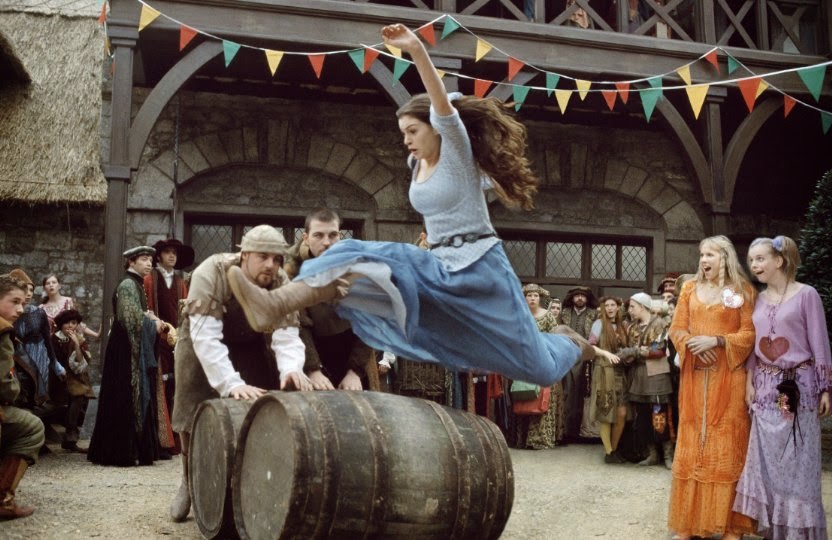
ESCORT
ReplyDeleteESCORTS
FEMALE ESCORTS SERVICE KOLKATA
KOLKATA FEMALE ESCORTS SERVICE
INDEPENDENT ESCORTS SERVICE
INDEPENDENT ESCOTRTS SERVIC KOLKATA
KOLKATA INDEPENDET ESCORTS SERVICE
RUSSIAN ESCORTS SERVICE KOLKATA
RUSSIAN ESCORTS SERVICE
KOLKATA RUSSIAN ESCORTS SERVICE
FOREIGN ESCORTS SERVICE IN KOLKATA
INDEPENDEN FOREIGN ESCORTS SERVICE
ESCORT FOREIGN SERVICE IN KOLKATA
SEXY FEMALE ESCORTS SERVICE
SEXY MODEL ESCORTS SERVICE
MODEL ESCORTS CALL GIRLS
MODEL ESCORTS CALL GIRLS SERVICE KOLKATA
CALL GIRLS SERVICE KOLKATA
CALL GIRLS IN KOLKATA
KOLKATA CALL GIRLS
KOLKATA CALL GIRLS
CALL GIRLS KOLKATA
CALLL GIRL kolkata